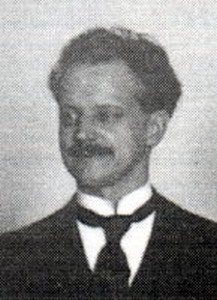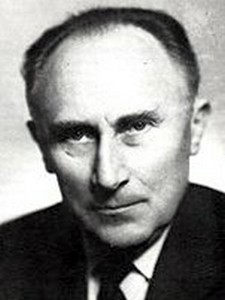People VAA - ZZZ
Quick Links to People
Hugo Junkers Junkers Family
AAA - CZZ DAA - FZZ GAA - IZZ JAA - LZZ MAA - OZZ PAA - RZZ SAA - UZZ VAA - ZZZ
Junkers Pilots
Prof. Wagner, Herbert
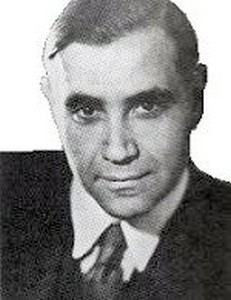
1935 – 1939 JFM Board of Directors
Prof. Herbert Wagner was born in Graz, Austria in 1900. During WWI he was with the K.K. Navy. In 1918 he started his studies at TH Graz, which he later continued at TH Berlin. Between 1924 and 1927 he started his carreer at Rohrbach Flugzeugbau. In 1927 he started his academical way at the University of Danzig as a professor of aeronautics, since 1930 he was professor at the Technical University of Berlin, where he developed a first axial turboprop engine. In 1934 he became manager of the Henschel Flugzeugwerke AG. In 1935 he joint the Junkers Flugzeugwerke for the development of Junkers EF61 high altitude bomber on request of the Reichsluftfahrtministerium RLM in September 1935. In the same year he became a member of the board of directors of the Junkers Flugzeugwerke and later he became deputy chairman of that board. Wagner was also responsible for the initial jet engine developments at Junkers Magdeburg facilities in 1936. In May 1939 Wagner left Junkers. His successor was Prof. Heinrich Hertel. Wagner, who orignially came from the technical university of Berlin, moved to Henschel Flugzeugwerke and joined the rocket development there.
Weil, Kurt H.
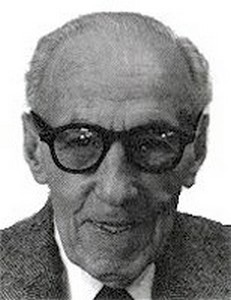
Wergien, Emil
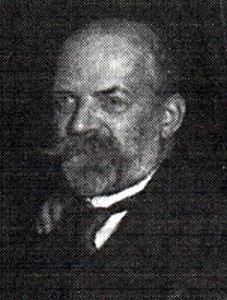
Wocke, Hans
( * 2 Aug 1908 - )

WWII: JFM Design Office
1946 - 1954 OKB-1 Podberesja
1955 - 1958 VEB Flugzeugbau Dresden
Hans Wocke studied ship constructions at Breslau and Joint Junkers in 1934. He was the chief developer of IFM during WW II. One of Wocke's major work was the development of the Junkers Ju287 wing design since autumn 1942. Wocke was sent to Moscow in 1946 together with Brunolf Baade and projected the EF131 to EF150 there. In 1954 Wocke returned to the German Democratic Republic, but shortly afterwards he moved to West Germany and joint Hambuger Flugzeugbau HFB as the chief designer in 1957. In Hamburg Wocke realized the HFB320 business jet, which was typical by its forward swept wings, which Wocke transfered from the Junkers Ju287 design in the early 60s. Since 1967 Wocke was engaged in the Airbus Programme.
Wolff, Waldemar
Waldemar Wolff joint the Junkers construction office in the beginning of the 20s. In earyl 1930 he went to Limhamn and worked for AFI. In Dessau he became facility engineer after his return in 1934. From the early 40s until 1945 he was the facility manager of the Junkers facility at Langensalza. After WWII he was engaged in the setup of a maintenance industry at Dusseldorf airport.
Yserentant, Josef
Zimmermann, Wilhelm
( * 24. Feb. 1897 29. Mar. 1956 )
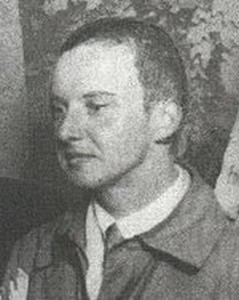
1919 - ???? Junkers Test Pilot
Wilhelm Zimmermann was one of the early Junkers pilots. He flew first the Junkers J15 on 25.01.1921, the Junkers K16 and the Junkers T23 on 04.09.1923, the on 21.07.1923, the Junkers G24 passenger airliner on 19.09.1924, the Junkers W33 on 17.06.1926, the Junkers W34 on 07.07.1926, the Junkers G38 on 06.11.1929, on 11.09.30 the Junkers Ju52/1m. Zimmermann achieved a new speed, distance and duration record with a Junkers G38 D-2000 on 10.04.1930 with 5000kg payload. He achieved an average speed of 184.5 km/hrs over 100 km distance and 172.9 km/hrs over a distance of 500 km. The total flight distance of 501.6km was also a new world record with such a payload, as well as the flight time of 3 hrs and 2 minutes. Six years later Zimmermann crashed with the same aircraft during a maintenance test flight in May 1936 during which the G38 was destroyed. Zimmermann escaped from this accident alive.
introduced Mar 2004, transfered 14 Feb 2018
http://hugojunkers.bplaced.net/
contents last updated 14 Feb 2018


